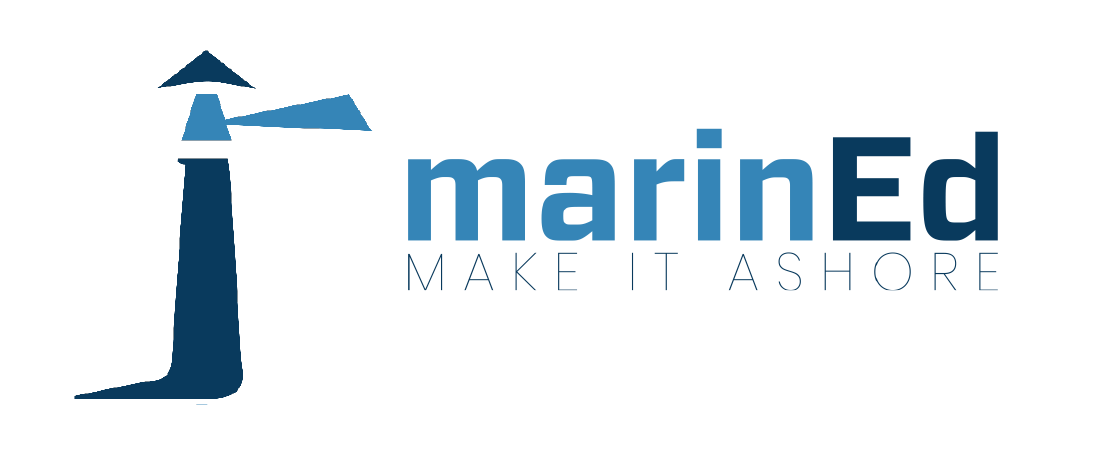
About this course
Problems and disputes will arise in all aspects of shipping business and therefore, this e-learning course is of great value to all professionals involved in shipping.
Maritime Law (Dry Shipping) covers the most important areas of dry law. We look at bills of lading, which is considered to be the most important document in the carriage of goods by sea. We identify the different types of bills of lading, and in particular look at the different functions of the bill of lading, besides also identifying the key statutes on bills of lading.
We then go on to look at the common law undertakings, the reasons behind Hague, and Hague/Visby Rules, the limitation regime under the Hague/Visby Rules, and the obligations of the carrier under the H/Visby Rules, when will the H/Visby Rules apply, and the Hamburg Rules.
We examine voyage charterparties. Payment obligations under voyage charterparties, namely, freight. How freight is calculated, when payable, and by who and remedies for non-payment. We look at what is laytime and what purpose it serves, what is NOR, and importantly, what is demurrage and what is despatch money.
We then look at time charterparties and how they are different from voyage charterparties. The payment obligation – hire, prompt payment of hire and the payment of hire clause. We look at the key clauses relating to off-hire, final orders and redelivery to the shipowner.
Finally, we consider arbitration and more particularly maritime arbitration, and how it helps in the settlement of maritime disputes.
Prerequisites
None
Core modules
- Bills of Lading
- Common Law Rules, Hague/Hague-Visby Rules, Hamburg Rules
- Voyage Charterparties
- Time Charterparties
- Maritime Arbitration
Frequently Asked Questions
- Wilson, John. Carriage of goods by sea (7th edition). Pearson Education, 2010
- Baughen, Simon. Shipping law (5th edition). Routledge, 2012
Is there a course textbook?
The following text books are optional but recommended:
What is the format of the class?
The class consists of lectures, which are usually around 20 minutes each.
There are also a number of resources, such as end of subject reflection (problem/question) and there are a number of law reports provided to reflect on the learning and knowledge gained from multiple topics, and standalone exams/quizzes, which are not part of the video lectures.
Course Leader
Mr. Jae Sundaram
LLB (India), LLM in Maritime Law (Southampton), Advocate (India), Solicitor of England & Wales, PG Cert (HE), FHEA
(Formerly Dean of Law)
Jae Sundaram is a Senior Lecturer in international trade & maritime law. Dual qualified ‘trade and maritime’ lawyer, Jae practised for a number of years before moving to academia. He holds a masters’ degree in maritime law and taught at the University of Plymouth before moving to Buckingham. Jae is the course coordinator for International Trade and Maritime Law, Law of World Trade, Money Laundering, Offshore Banking & Asset Recovery, and Commercial Conflict of Laws, on the LLM programme at the University of Buckingham in the United Kingdom. On the LLB programme, he is course coordinator for Commercial Law, besides being a tutor for Torts and Contract Law.

